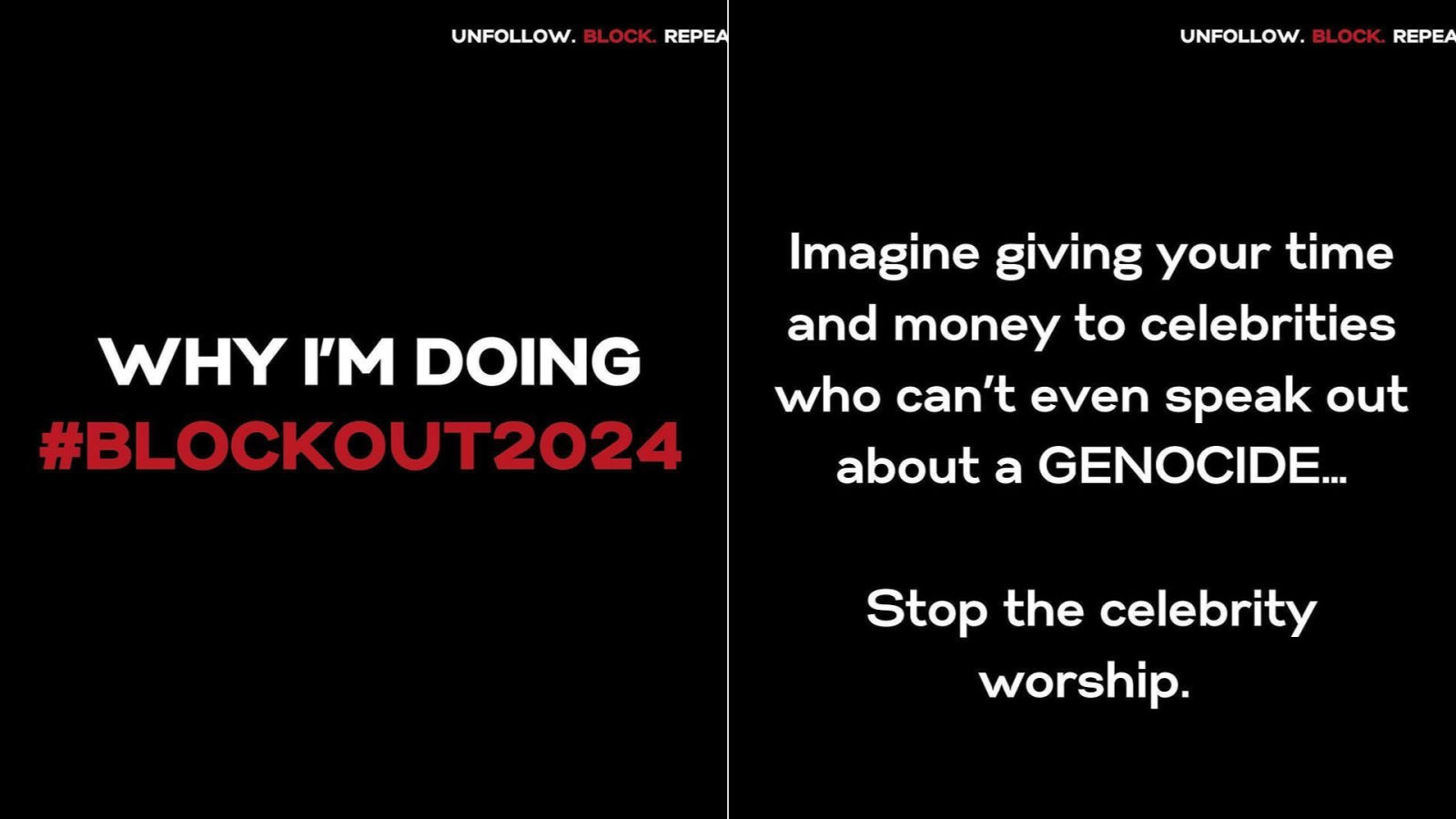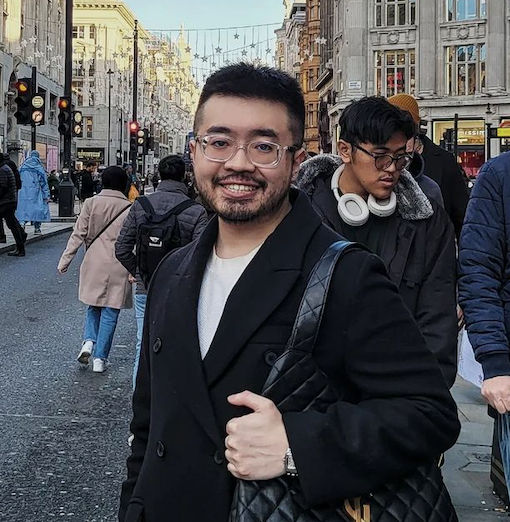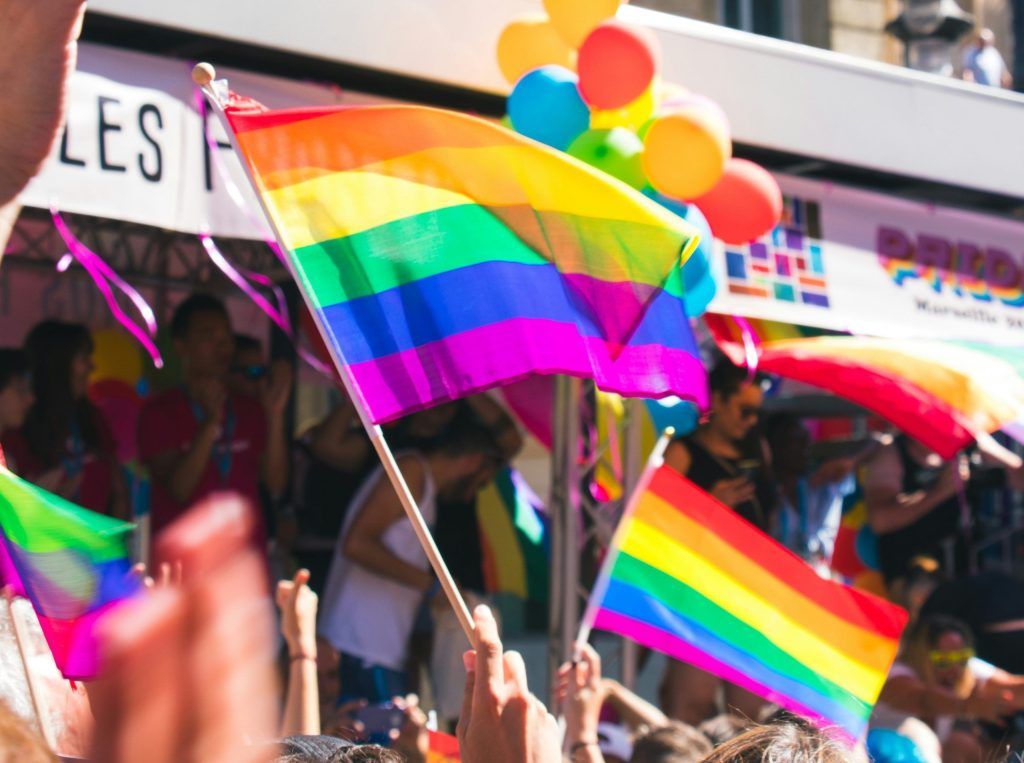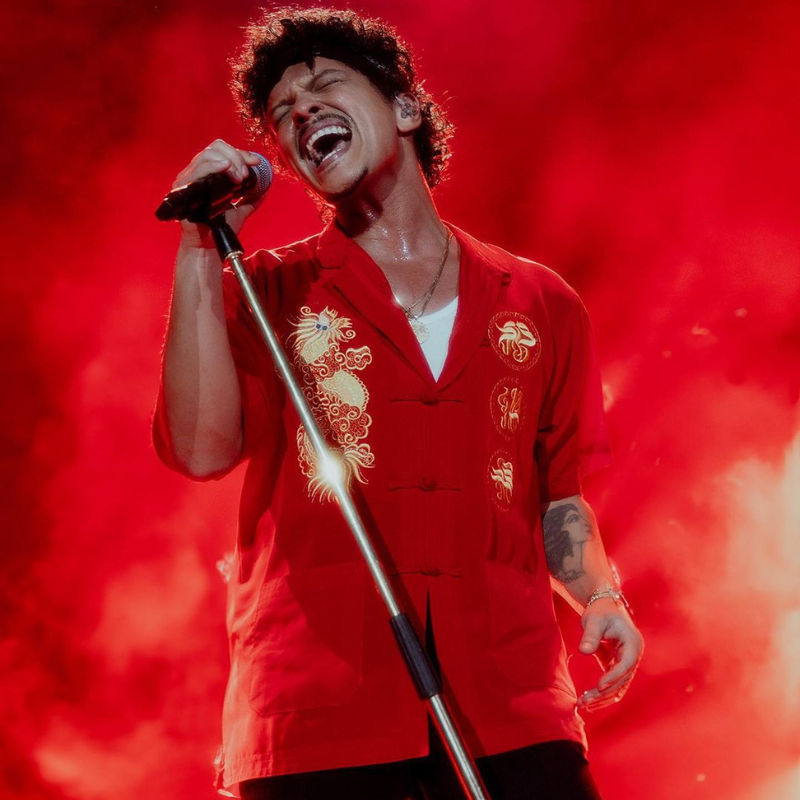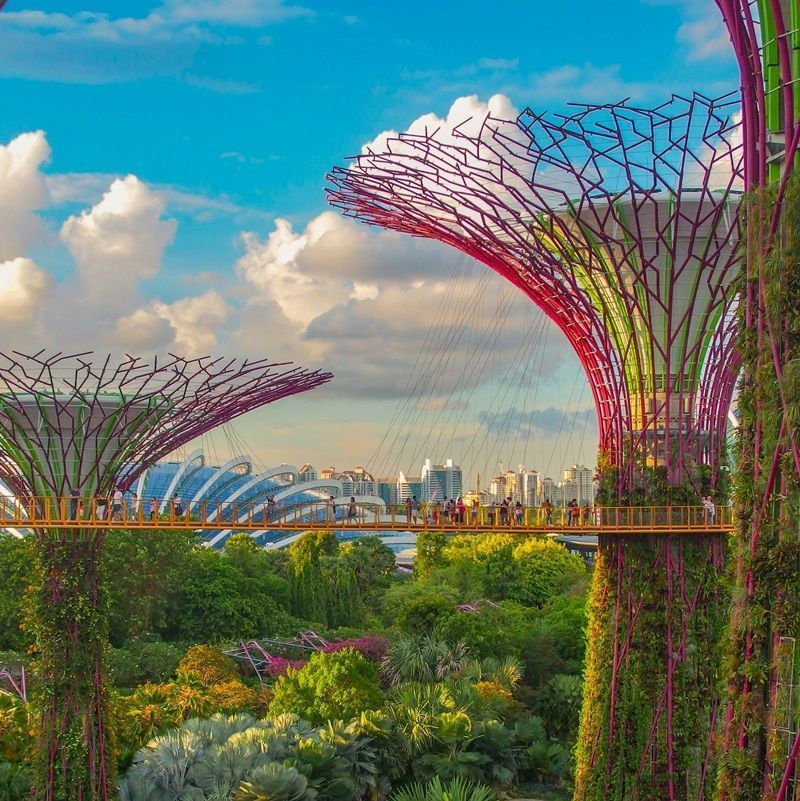With a death toll that has breached the 30,000 mark, the Palestinian crisis along the Gaza Strip has entered an unprecedented degree of critical severity, with innocent civilians shouldering the cruel burden of ceaseless bombardment as the conflict enters its seventh month. Despite that, their plight continues to be met with inaction and indifference, especially among those in a position to speak on the matter. This has brought about a new-found social movement online dubbed ‘Blockout 2024’, spurred by public dissatisfaction over the silence and perceived collusion of notable celebrities in the war.
Some say that neutrality is the enemy of justice, an axiom seemingly providing the bedrock upon which the Blockout 2024 movement was conceived. First gathering steam on TikTok immediately after the recent MET Gala earlier this month, critics derided the landmark fashion event’s lack of apparent concern for Palestine, as indicated by the unchecked revelry and sumptuous excess for which it is most known.
This struck an especially raw nerve as the event was held on the same day that a full-scale invasion of Rafah was authorised by the Israeli armed forces, with activists protesting outside of the Metropolitan Museum’s proximity falling upon deaf ears while Gala attendees took their ascent, both literally and symbolically, up the exhibition steps behind cloistered doors.
Blockout 2024: What is it, and who does it involve?
The allusions between this year’s MET Gala and Suzanne Collins’ Hunger Games book series were inevitable. The nonchalance by which event attendees expressed in the literal face of human suffering became a sordid display of poor taste, mirroring the novel’s dystopian future where children from impoverished districts compete in a televised battle royale to the death sponsored by those living in a wealthy enclave.
As USA Today columnist Nicole Russell describes, the MET was “a tone-deaf charade of excess and hypocrisy”. This sentiment was echoed by the Daily Beast’s Kali Holloway, who called it “a vainglorious display of self-congratulatory decadence and tone-deaf extravagance”.
View this post on Instagram
But it wasn’t until a TikTok account that went by the username of @BlockOut2024 began making the rounds did a more organised social movement take shape. In essence, the Blockout 2024 movement is self-explanatory: by harnessing the power of user engagement and attention, social media activists have urged members of the public to block and report verified accounts belonging to celebrities who have either remained silent on the Palestinian plight or are actively engaged with companies who continue to contribute financially to Israel.
Some have dubbed the move as a ‘digital guillotine’ or a ‘digitine’, especially in the context of TikTok user @ladyfromtheoutside, who first coined the term in response to Hayley Kalil’s pre-Met GALA video that saw the influencer lip-syncing the infamous ‘Let them eat cake!’ line from Sofia Coppola’s Marie Antoinette.
Contrary to some speculation, proponents of the movement have explained that the mass social media cleanse was not motivated by any intention to vilify those who have been included on the BlockOut list, but was rather meant to serve as a means of protest against their lack of apparent concern for Palestinian lives under threat. By extension, the movement also buckles symptoms of late-stage capitalist culture surrounding celebrityhood and status worship, with social media users now making a point to regain an increased sense of digital agency over their social media habits by redirecting their time and most crucially, attention.
To date, some of the most noteworthy names to have been included on the Blockout list include prominent actors such as Gal Gadot and Zendaya, as well as popular music artists such as Taylor Swift, Harry Styles, and Selena Gomez. A website charting the net change in follower count for celebrities involved in the Blockout movement suggests that some celebrities, such as Kim Kardashian, have already lost as many as 3 million followers from the movement.
The movement in Malaysia
Similarly in Malaysia, an offshoot of the Blockout 2024 movement has been making the rounds among local social media users, outlining several local celebrities who are also deemed ‘complicit’ in the Palestinian genocide by way of their silence or ongoing collaborations with brands that share ties with Israel.
View this post on Instagram
Notable faces include entrepreneur and content creator Neelofa, model Alicia Amin, as well as actress and singer Daiyan Trisha, all of whom have been singled out for working alongside pro-Israeli conglomerates. In response, some celebrities have taken drastic steps to either make amends or prove their allegiance with Palestinians, with Trisha most recently claiming to be in the process of aborting her contracts with some of these companies.
The movement has gained considerable traction from the ongoing boycott within the country against global conglomerates that have been found maintaining corporate links with Israel, whether through their retail network or supply chains. Brands such as fast food chains KFC and McDonald’s have been especially impacted, with the former temporarily suspending operations of more than 100 outlets in Malaysia in a bid to ‘re-optimise’ operations in the face of ‘challenging economic conditions’.
Feature and hero image credits: blockout2024my/Instagram

